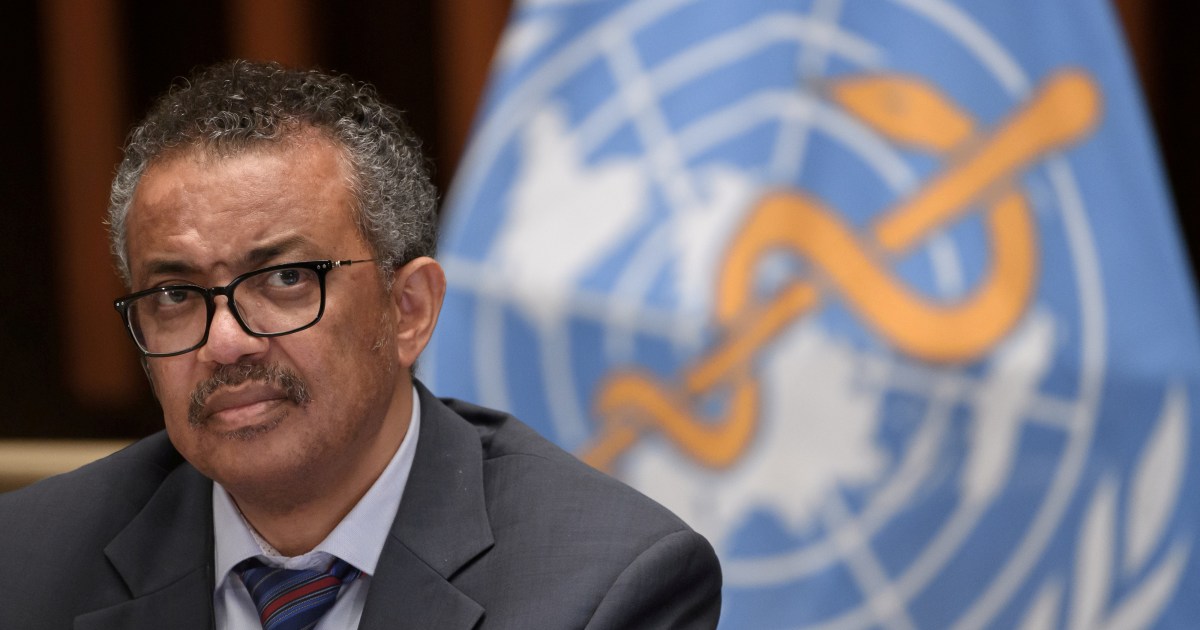
Cases are on the rise due to the relaxation of public health measures, the circulation of variants and “people lowering their guard,” says the WHO Director-General.
The number of new coronavirus infections worldwide rose last week for the first time in seven weeks, according to the World Health Organization (WHO).
WHO Director-General Tedros Adhanom Ghebreyesus told Geneva in a briefing that the increase in cases was “disappointing but not surprising”, noting that the upward trend was taking place around the world. , apart from Africa and the western Pacific region.
“Some of them seem to be due to the relaxation of public health measures, the continued circulation of variants and people leaving the guard,” he said.
For her part, Maria Van Kerkhove, chief technician of COVID-19 at the United Nations health agency, described the increase as “a severe warning to all of us,” before adding, “This virus it will recover if we leave it – and we cannot leave it “.
To date, there have been more than 114 million confirmed cases of coronavirus, including about 2.5 million related deaths and 64.5 million recoveries, according to data from Johns Hopkins University.
Meanwhile, Tedros said it was too early for governments to only count on vaccination programs and abandon other measures to fight the disease.
“If countries rely solely on vaccines, they are wrong. Basic public health measures remain the basis of the response, ”said Tedros.
However, he said it was encouraging that doses of vaccine were finally given to the medical staff of the poorest countries, including the countries of West Africa, Ghana and Ivory Coast.
The two countries were the first on Monday to start vaccinating people with doses provided by COVAX, the international program to provide vaccines to poor and middle-income countries.
The WHO chief also criticized rich countries for accumulating doses of vaccine, and said it was in everyone’s interest for vulnerable people to be protected around the world.
“It is unfortunate that this happens almost three months after some of the richest countries started their vaccination campaigns,” Tedros said.
“Some countries continue to prioritize the vaccination of younger, healthier and lower-risk adults in their own populations, ahead of health workers and older people elsewhere.”
By the end of May, 237 million doses of COVID-19 vaccines are expected to be ready for distribution to 142 poorer countries.
Mike Ryan, WHO’s top emergency expert, said the global fight against coronavirus was in a better state now than it was 10 weeks before vaccine launches began. But it was too early to tell if the virus was under control.
“The problem is that we control the virus and the virus controls us. And right now the virus is very much under control. “